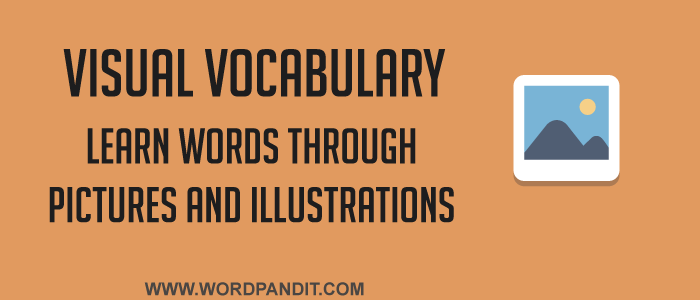Detailed Article for the Word “Elicit”
What is Elicit: Introduction
Imagine a skilled interviewer drawing out a hidden story or a teacher prompting a quiet student to share their thoughts—this is the art of “eliciting.” The word “elicit” captures the act of bringing something out from below the surface, like extracting a rare mineral from rock or sparking a long-forgotten memory. In a world where meaningful communication can be rare, “elicit” represents the effort to uncover truth, evoke emotions, and inspire responses that might otherwise remain unexpressed.
Origin and History of the Word Elicit
The word “elicit” derives from the Latin “elicere,” which combines “e-” (out) and “lacere” (to entice or draw out). It first appeared in English in the 17th century, with a meaning close to “extract” or “evoke,” often used in scientific or philosophical contexts to describe bringing forth knowledge or insight. Over time, “elicit” evolved into broader use, encompassing not just scientific revelations but any form of drawing out—be it answers, emotions, or ideas. The word retains a nuance of effort or skill, as if what is being elicited is somewhat hidden and requires a careful touch to bring it to light.
Meaning and Definition of Elicit
Elicit (verb):
- To draw out a response, answer, or fact from someone in reaction to one’s own actions or questions
- To evoke or bring forth (emotions, memories, etc.)
- (Psychology) To induce a response or reaction in another person or animal
Usage note: “Elicit” often implies skill or intention, suggesting a deliberate act of drawing out information or reaction that may not be readily offered.
How to Pronounce Elicit
ih-LIS-it
How to Remember Elicit: Memory Tips
Think of “elicit” like “e-lit” or “to light up”—drawing out something hidden into view. You might picture a detective eliciting a confession from a suspect, or a teacher eliciting answers from hesitant students. Another mnemonic: “Elicit” sounds like “explicit,” so think of it as making something explicit that was previously unspoken or hidden. Visualize gently pulling an answer from someone, like coaxing a pearl from an oyster.
Elicit in a Sentence: Examples and Usage
- Conversational: The counselor’s gentle questions elicited emotions the patient hadn’t shared in years.
- Scientific: Researchers designed experiments to elicit specific responses in laboratory conditions.
- Political: The candidate’s speech was designed to elicit applause and energize the crowd.
- Literary: In her writing, she used vivid imagery to elicit empathy for her characters’ struggles.
- Professional: During the meeting, the manager aimed to elicit constructive feedback on the new project.
- Psychological: Behavioral therapists use certain stimuli to elicit responses in patients with anxiety.
- Educational: Teachers ask open-ended questions to elicit critical thinking from their students.
Difficulty Level of Using Elicit
Intermediate:
- Commonly found in professional and academic contexts
- Potentially confused with “illicit,” which means illegal
- Valuable for describing skilled or intentional action in drawing out responses
Modern Usage of Elicit in Contemporary Context
In today’s information-driven world, “elicit” finds frequent use in fields that rely on drawing out responses or data:
- In user experience (UX) research, “elicitation techniques” are used to gather honest feedback from users.
- In journalism, skilled reporters elicit details from interviewees that provide a fuller picture of a story.
- In psychology, therapists use various approaches to elicit thoughts and feelings from patients, aiding in diagnosis and treatment.
The word has also become prominent in the digital marketing industry, where companies aim to elicit engagement from audiences, whether through ads, social media, or surveys. In law, lawyers carefully question witnesses to elicit details that support their case. Across professional and personal life, “elicit” remains a valuable term for describing interactions where communication goes beyond the surface, drawing out deeper thoughts, truths, and emotions.








